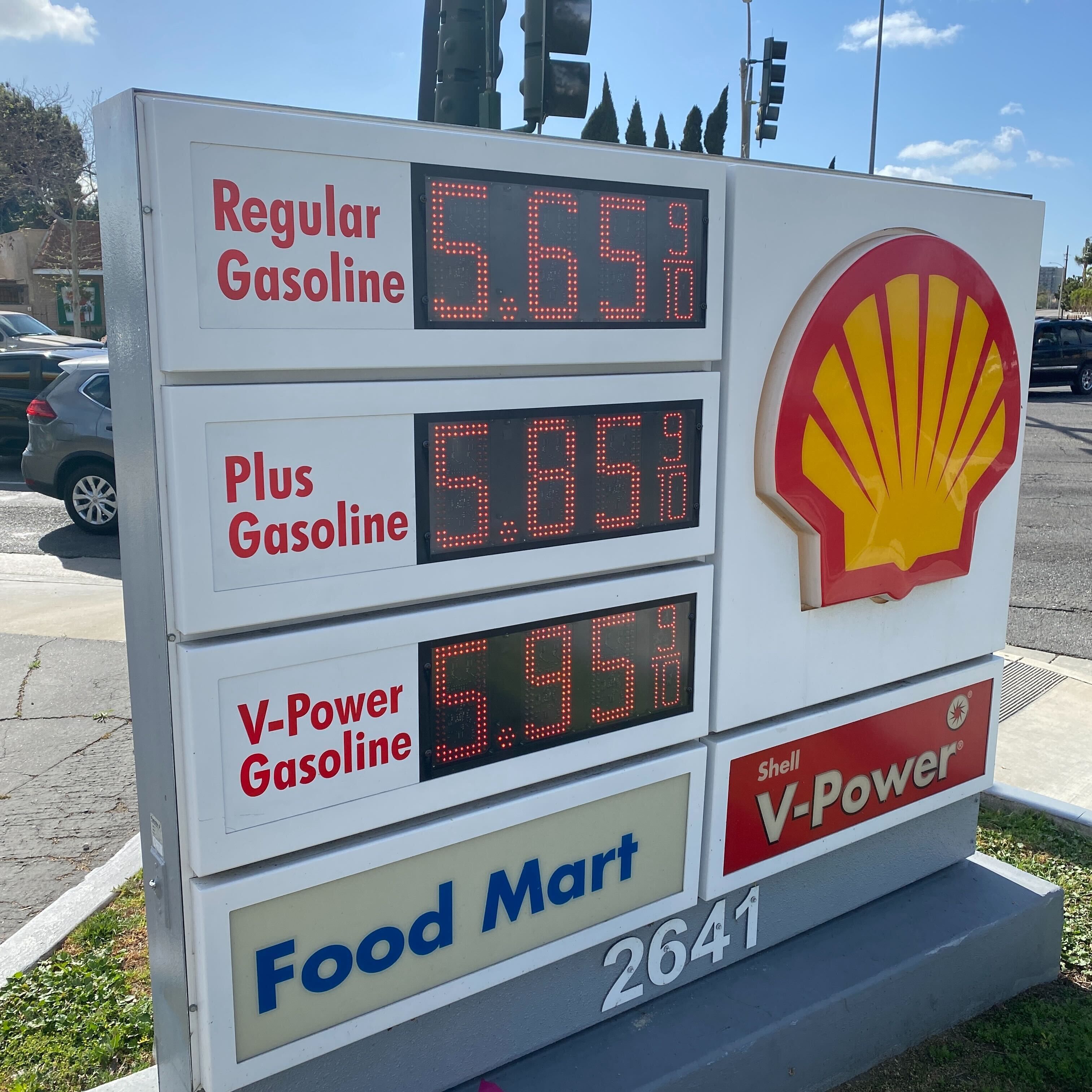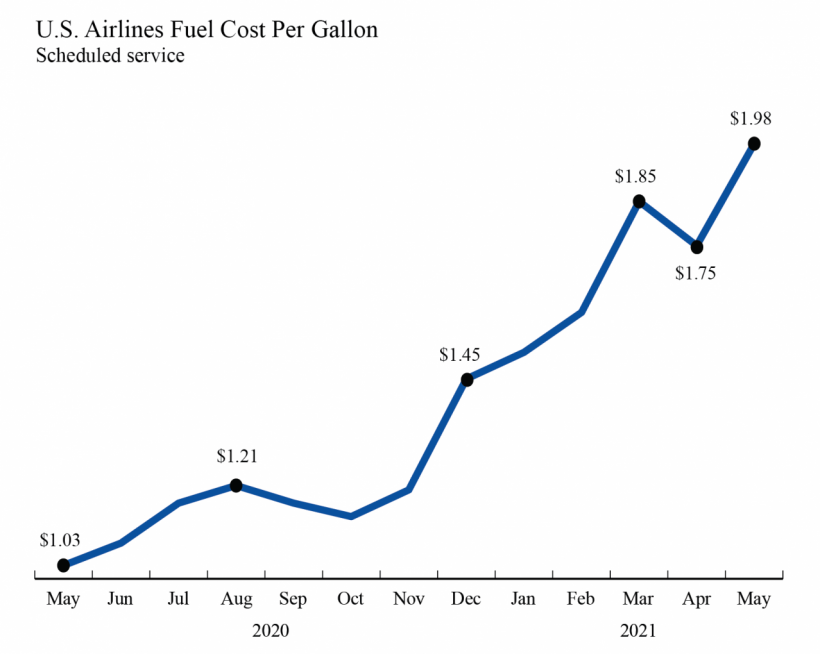Oil Rate Volatility: Implications for Gas Oil Consumers
Oil price volatility has actually become a significant issue for gas oil consumers throughout different sectors. Changing oil prices have far-ranging implications, influencing home spending plans, small companies, the transportation sector, and even government plans. The uncertain nature of oil prices presents challenges for customers, as it straight impacts their monetary security and acquiring power. Tiny companies, particularly, face difficulties in managing their functional costs, which greatly count on fuel oil. Additionally, the transport market is substantially impacted by oil price changes, leading to enhanced costs and possible disturbances in supply chains. To address these difficulties, federal governments and organizations are executing techniques to reduce the increasing expenses of fuel oil. This study explores the implications of oil price volatility on fuel oil customers and checks out possible approaches to decrease its influence.
Influence On Family Budgets
The varying oil prices have actually dramatically impacted home spending plans, posturing monetary challenges for fuel oil customers. As oil prices continue to fluctuate unexpectedly, customers are discovering it significantly difficult to designate a section of their earnings towards gas oil expenditures. This volatility in oil costs has actually produced a sense of unpredictability and instilled a careful technique in consumers' investing habits.
Among the key impacts of fluctuating oil rates on household budget plans is the raised cost of transport. As gas oil prices rise, the cost of commuting to function, running tasks, or traveling for recreation ends up being much more pricey. This straight affects consumers' disposable income, as a larger part is designated towards gas costs, leaving less cash for various other essential needs or discretionary costs.
Moreover, the fluctuating oil rates additionally have a surge effect on the rates of other goods and services. Industries that greatly count on gas oil for their procedures, such as transportation, agriculture, and manufacturing, experience increased manufacturing costs. As a result, these additional expenses are usually handed down to the customers in the type of greater costs for solutions and products. This additional presses the home spending plan, as customers have to pay even more for necessary products.
Obstacles for Small Companies
Exactly how do varying oil rates position challenges for local business? Local business are especially at risk to the effect of changing oil costs. These services often run on limited earnings margins and have restricted sources to take in sudden boosts in gas costs. When oil costs climb, small companies that heavily rely upon transport, such as shipment solutions or trucking business, deal with greater operating budget. The raised cost of fuel can consume into their earnings and possibly compel them to increase rates, which may hinder consumers or lead to a decrease in sales (cheapest oil prices on long island). Additionally, tiny organizations that count on oil-based products, such as dining establishments or producers, may likewise face difficulties. The enhanced expense of basic materials or components can press their profits, making it challenging to keep success. Little businesses might discover it more difficult to safeguard financings or debt throughout durations of oil rate volatility, as loan providers may perceive them as higher threat due to prospective financial instability. In general, the unforeseeable nature of oil prices poses substantial challenges for small companies, affecting their success and general sustainability.
Repercussions for the Transport Sector
Changing oil rates have substantial consequences for the transport industry, especially for local business heavily reliant on gas for their procedures. The transportation market includes different markets, including trucking, shipping, aviation, and railroads, every one of which heavily rely on gas to keep individuals and items moving. When oil rates increase, transportation business deal with enhanced running costs, which can bring about higher prices for customers and reduced revenue margins for companies.
One instant consequence of fluctuating oil rates is the effect on gas prices. As oil rates raise, so do sustain prices, which can consume into the budgets of transportation business, particularly local business that may not have the financial capacity to soak up these extra expenditures. This, consequently, can bring about greater transportation expenses for consumers, as firms hand down these increased costs.
Furthermore, rising and fall oil costs can likewise influence the general need for transportation services. When fuel expenses increase, consumers may end up being much more mindful concerning their costs routines, causing a reduction sought after for transportation solutions. This can cause decreased organization possibilities for transport firms, specifically those running in markets that depend heavily on customer spending, such as retail and tourism.
On top of that, the transport sector is likewise influenced by the uncertainty bordering oil rate variations. Fast changes in oil prices can make it challenging for transport companies to intend long-term approaches and make educated financial investment decisions. This uncertainty can hinder organization growth and lead to an extra unstable and uncertain operating atmosphere for transportation companies.
Federal Government Plans and Regulations
Government plans and regulations play a vital duty in forming the effect of oil rate volatility on gas oil consumers. These guidelines and policies are executed to make certain a fair and steady market for fuel oil and to safeguard customers from market changes. One vital plan is the policy of fuel prices with devices such as price controls or subsidies. Rate controls can aid maintain gas rates during periods of high volatility, offering relief to customers that may otherwise encounter considerable rate rises. Subsidies, on the other hand, can help mitigate the impact of high oil rates by providing financial assistance to sustain oil customers.
In enhancement to rate policies, governments additionally implement plans targeted at minimizing reliance on fossil gas and promoting making use of alternative energy resources. These policies consist of incentives for the fostering of eco-friendly power modern technologies, such as solar or wind power, and the application of energy effectiveness procedures. By expanding the power mix and decreasing reliance on oil, governments can assist alleviate the impact of oil cost volatility on fuel oil consumers.

Methods for Minimizing Fuel Oil Prices
To resolve the difficulty of fuel oil costs, customers can utilize various strategies to alleviate their expenses. One technique is to boost energy effectiveness by purchasing energy-saving modern technologies and techniques. This can consist of updating insulation, making use of programmable thermostats, and mounting energy-efficient home appliances. By lowering energy consumption, consumers can lower their gas oil use and ultimately lower their prices.
Another reliable strategy find out is to expand gas resources. By exploring alternative power choices such as solar or geothermal power, consumers can lower their reliance on gas oil and potentially reduced their expenses. In addition, taking into consideration making use of biofuels or mixed gas can provide a more environmentally pleasant and economical option to traditional gas oil.
Monitoring and handling gas intake is likewise essential in mitigating costs. On a regular basis tracking gas oil usage, identifying consumption patterns, and implementing actions to decrease waste can add to considerable cost savings - cod oil prices. This can entail carrying out energy audits, optimizing tools efficiency, and executing energy management systems
Lastly, consumers can take into consideration hedging techniques to manage gas oil rate volatility. This entails becoming part of agreements to lock in fuel oil rates for a certain duration. By doing so, consumers can shield themselves from unexpected rate fluctuations and spending plan extra successfully for their fuel oil costs.
Verdict
Finally, the volatility of oil costs has considerable effects for fuel oil consumers. It affects family budgets by triggering changes in gas expenses, posturing challenges for local business struggling to handle expenses. The transport industry also encounters effects, as gas rates influence operational prices. Federal government policies and policies contribute in reducing these expenses. Carrying out efficient techniques ends up being essential for consumers to take care of gas oil expenses in this unstable market.
Oil rate volatility has ended up being a significant concern for gas oil her comment is here consumers across numerous industries.Federal government policies and laws play an essential role in forming the influence of oil price volatility on gas oil customers. Subsidies, on the various other hand, can help minimize the effect of high oil rates by supplying monetary help to sustain oil consumers.

In conclusion, the volatility of oil prices has substantial implications for gas oil customers. (cheapest oil prices on long island)